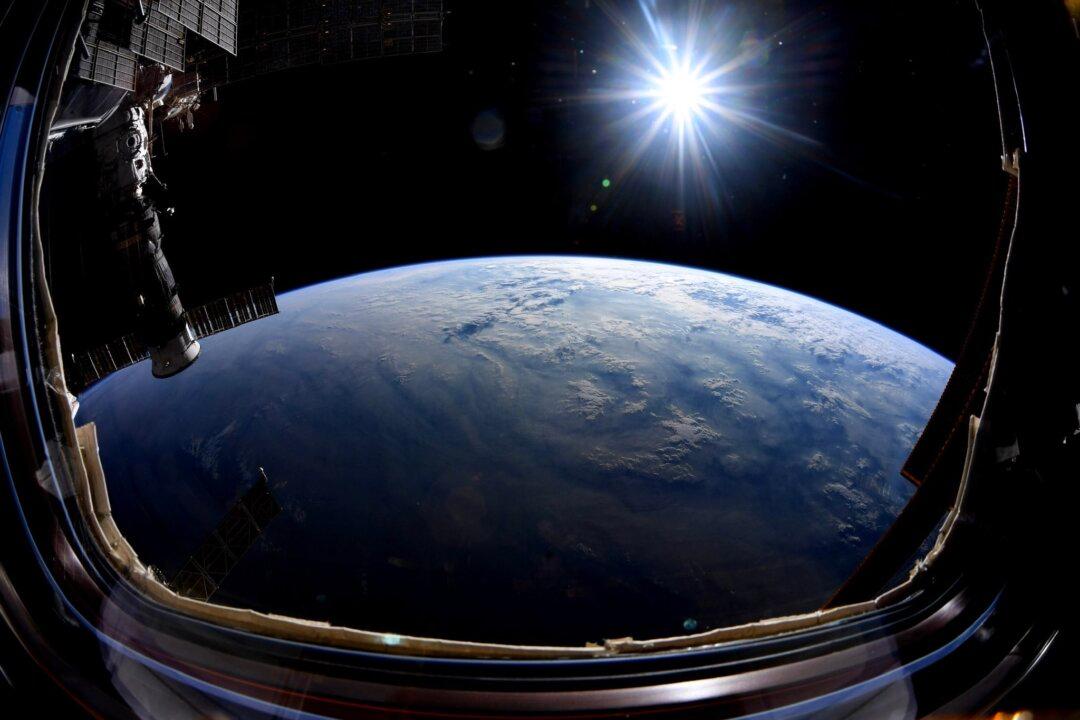Commentary
The Chinese Communist Party (CCP) accused SpaceX’s Starlink satellites for endangering China’s space station on two occasions last year, but the United States refuted its claims.

The Chinese Communist Party (CCP) accused SpaceX’s Starlink satellites for endangering China’s space station on two occasions last year, but the United States refuted its claims.